Shares of concern have been rising among Republicans and Democrats alike as a 27-year-old white supremacist and far-right political influencer, Nick Fuentes, has been making waves in the party with his online show, America First with Nicholas J. Fuentes. Fuentes, who has amassed a significant following, mostly comprised of young white Christian men, has been at the center of a heated debate about antisemitism and the types of characters that can or cannot be part of the Republican Party.
Fuentes's rise to prominence has been facilitated by some established Republican Party figures, including Tucker Carlson, who have given him a platform in the hopes of attracting his audience. According to Fuentes's supporters, this strategy is vital to the GOP's future and to their own influence within the party. However, critics argue that this approach is misguided and potentially damaging to the party's reputation.
Fuentes has been known to promote antisemitic and white supremacist ideologies on his show, which has sparked concerns among Jewish leaders and other critics. Despite these concerns, Fuentes has maintained a significant following, and his influence within the Trump administration remains unclear. In an interview, Fuentes told his followers to hide their beliefs, making it difficult to gauge the extent of his reach.
The controversy surrounding Fuentes has sparked a heated debate within the Republican Party, with some members calling for his exclusion from the party's ranks. "Nick Fuentes is a cancer on the Republican Party," said a spokesperson for the Republican Jewish Coalition. "His views are antithetical to everything we stand for, and we will not tolerate them in our party."
Fuentes's rise to prominence has also been facilitated by his ability to tap into the frustrations and anxieties of young white men, who feel disillusioned with the current state of politics and society. According to a recent study, Fuentes's audience is comprised of mostly young white men who feel disconnected from the mainstream and are seeking a sense of community and belonging.
The controversy surrounding Fuentes has also raised questions about the role of social media in amplifying extremist ideologies. "Social media platforms have a responsibility to police hate speech and extremism," said a spokesperson for the Anti-Defamation League. "We will continue to work with lawmakers and social media companies to ensure that these platforms are not used to promote hate and extremism."
As the debate surrounding Fuentes continues to unfold, it remains to be seen how the Republican Party will address the issue. Will they continue to court Fuentes and his followers, or will they take a firmer stance against his views? Only time will tell.




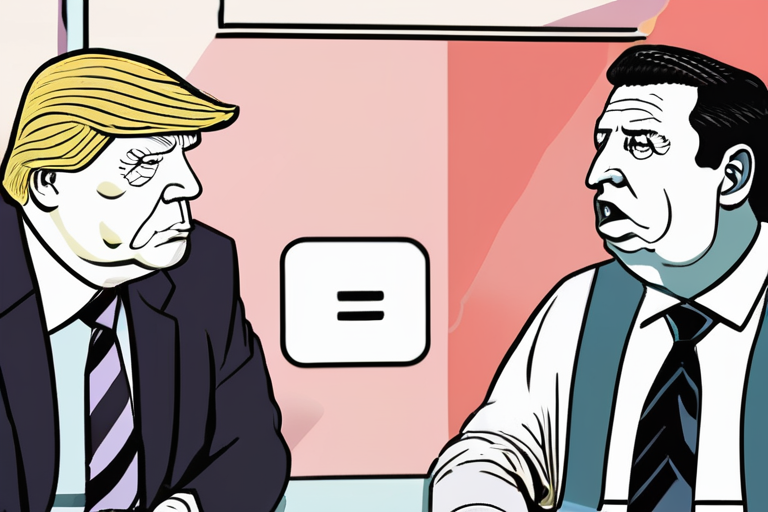

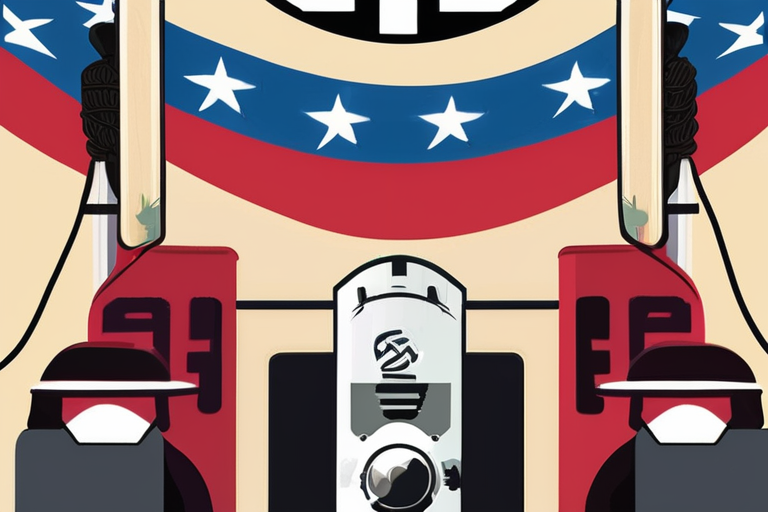



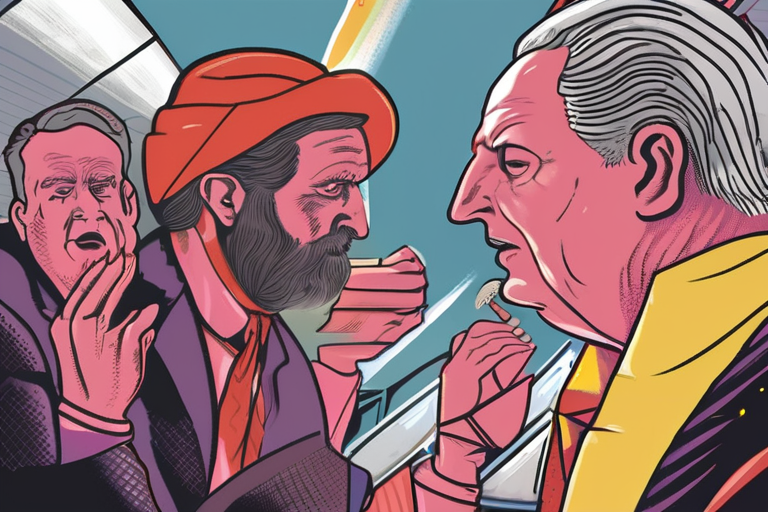
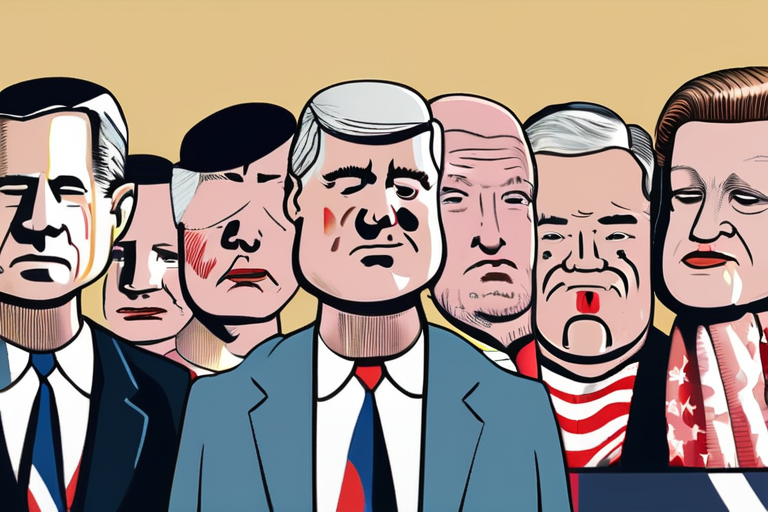





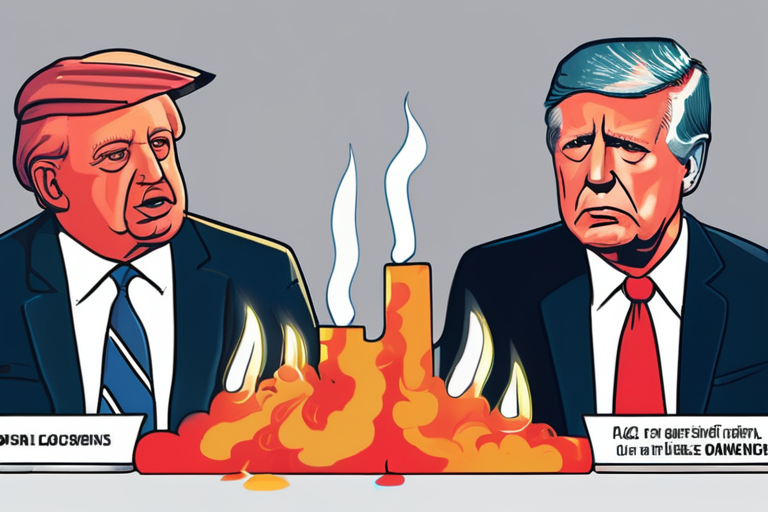

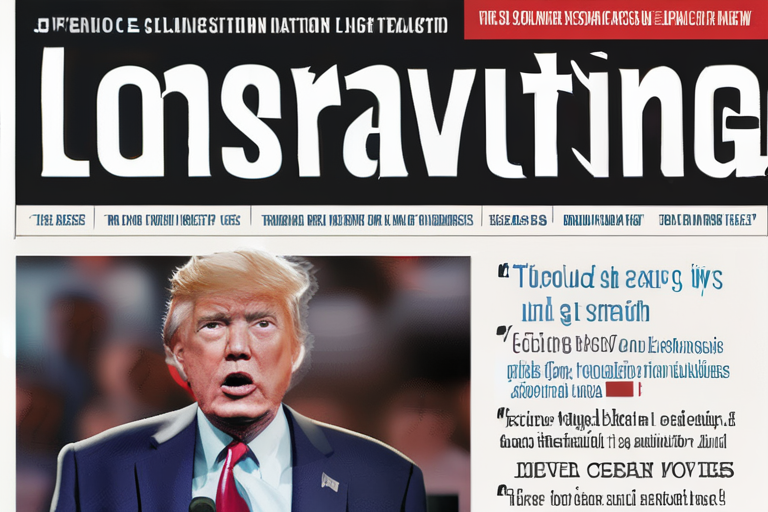







Share & Engage Share
Share this article